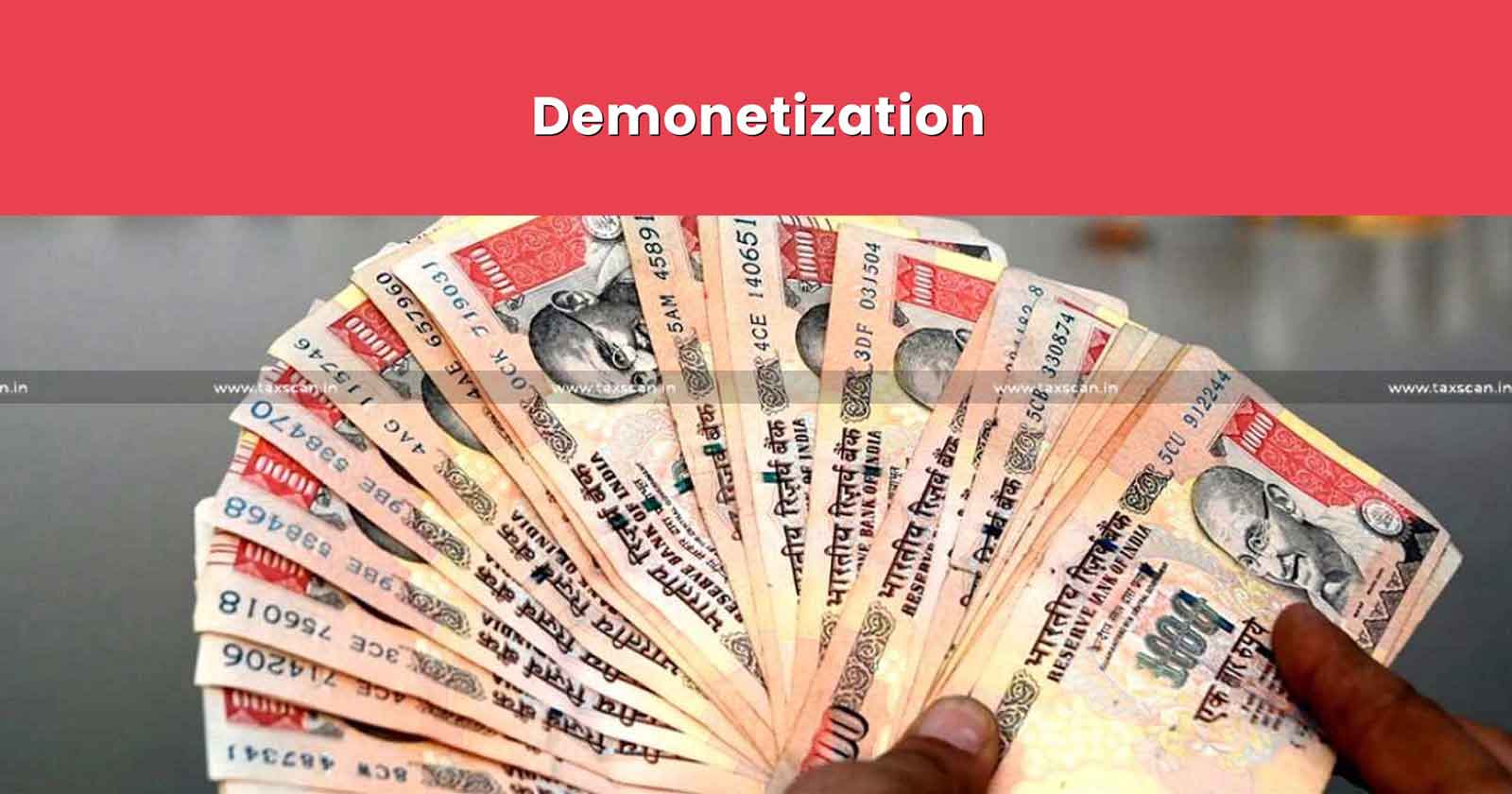Cash Deposit of ₹1.91 Cr Addition Quashed: ITAT Rules Sales Substantiated by Audited Books, VAT Returns, and Stock Records [Read Order]
The Tribunal quashed Rs. 1.91 crore addition under Section 68 of the Income Tax Act, 1961, and ruled that cash deposits during the demonetization period were substantiated by audited books, VAT returns, and stock records.
![Cash Deposit of ₹1.91 Cr Addition Quashed: ITAT Rules Sales Substantiated by Audited Books, VAT Returns, and Stock Records [Read Order] Cash Deposit of ₹1.91 Cr Addition Quashed: ITAT Rules Sales Substantiated by Audited Books, VAT Returns, and Stock Records [Read Order]](https://images.taxscan.in/h-upload/2025/08/13/2076353-cash-deposit-addition-quashed-itat-rule-sales-audited-books-vat-returns-taxscan.webp)
The Delhi Bench of the Income Tax Appellate Tribunal ( ITAT ) has set aside an addition of Rs. 1.91 crore made under Section 68 read with Section 115BBE and held that the cash deposits during the demonetization period, were duly recorded as sales in the assessee’s audited books of account, supported by VAT returns and stock records.
Ayesha Steels (P) Ltd., a company engaged in manufacturing MS ingots and trading iron and steel, filed its income tax return. During scrutiny, the Assessing Officer (AO) observed substantial cash deposits, including Rs. 1.22 crore in Specified Bank Notes (SBNs) during the demonetization period and Rs. 69.80 lakh in other cash deposits.
The AO alleged that these deposits were unexplained, noting that the assessee had no history of such high-volume cash sales in prior years and failed to provide verifiable details like a cash book, stock register, or addresses and PANs of 63 parties to whom cash sales were purportedly made.
 Also Read:Adhoc Disallowance Without Complete Verification Unsustainable: ITAT Deletes ₹22 Lakh Addition for Cash Purchases from URD
Also Read:Adhoc Disallowance Without Complete Verification Unsustainable: ITAT Deletes ₹22 Lakh Addition for Cash Purchases from URD
The AO made an addition of Rs. 1.91 crore under Section 68 read with Section 115BBE, treating the cash deposits as unexplained income. Aggrieved by the AO’s orders, the assessee appealed to the Commissioner of Income Tax (Appeals) [CIT(A)].
The assessee submitted documents such as a cash book, sale invoices, VAT returns, stock register, and sales register. The CIT(A) upheld the addition, stating that the documents were insufficient to prove the genuineness of the cash sales or the availability of scrap stock.
Aggrieved by the CIT(A)’s order, the assessee appealed to the ITAT. The counsel for the assessee argued that the cash deposits were from legitimate cash sales of metal scrap, duly recorded in the audited books of account and reflected in VAT returns.
The counsel highlighted that the assessee had submitted comprehensive documentation, including a cash book, sale invoices with customer details and VAT returns and assessment orders, stock register, and sales register.
The counsel further contended that the AO failed to reject the books of account before making the addition, rendering the action invalid, and that the sales figures accepted under VAT assessments should not be treated differently for income tax purposes.
The two-member bench comprising Mahavir Singh (Vice President) and Amitabh Shukla (Accountant Member), observed that the cash deposits were included in the sales figures declared in the audited books of account, which were not rejected by the AO.
The bench noted that the assessee had provided substantial evidence, including a cash book, sale invoices, VAT returns, stock register, and sales register, which were not rejected by the AO or CIT(A).
The Tribunal also cited the ITAT Visakhapatnam Bench’s decision in ACIT v. Hirapanna Jewellers, which held that additions are unjustified when sales are recorded in regular books and supported by stock records.
 Also Read:No Bar on Retaining Cash for Reasonable Period if Source Traceable: ITAT Quashes Cash Deposit Addition During Demonetisation in absence of Corroborative Evidence [Read Order]
Also Read:No Bar on Retaining Cash for Reasonable Period if Source Traceable: ITAT Quashes Cash Deposit Addition During Demonetisation in absence of Corroborative Evidence [Read Order]
The Tribunal further observed that the VAT authorities had accepted the same sales figures, and no adverse material or independent inquiry suggested that the deposits were accommodation entries.
The Tribunal quashed the addition of Rs. 1.91 crore and held that the assessee had sufficiently explained the source of the cash deposits. The appeal of the assessee was allowed.
Support our journalism by subscribing to Taxscan premium. Follow us on Telegram for quick updates


